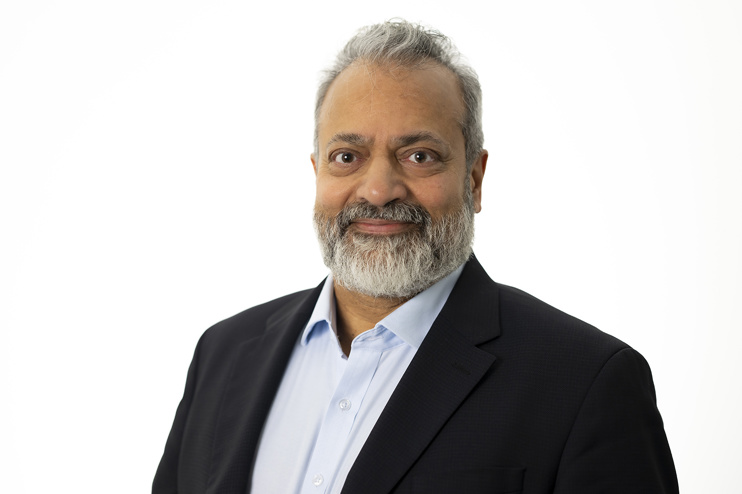JP Rangaswami is a Senior Advisor to Generation Investment Management’s Growth Equity strategy, working with several of the companies in the Growth Equity portfolio to help assess and strengthen leadership approaches. JP brings decades of IT experience and was previously the Chief Data Officer at Deutsche Bank.

Did you have a mentor that inspired your career path?
When I was young, I had a conversation with my grandfather – who was a chemistry professor – about the hole in our ozone layer caused by chlorofluorocarbons (CFCs), which are exceptionally strong greenhouse gases. It didn’t make sense to me that countries were banning CFC production but then effectively exporting it to another country, and he told me that problems can’t be solved by a single nation or culture, they need collaboration. I began to notice more and more problems that required global collaboration, whether it was water insecurity, climate change or health. Through this, I came to realise the importance of the combination of education and collaboration tools, which then drove my career. I wanted a job where I looked at humans and information – I thought I was going to be a journalist. But a lengthy journalists' strike in the UK meant I couldn’t get a job as a journalist, so I joined Burroughs Corporation as a technical writer, learned to program there and built out my 40-year career in data almost by accident.
Why did you decide to work with Generation?
India is a culture that really drives the focus on education. I, therefore, was taught that there's nothing better than education and access to accurate information. That led to a deep belief in research-led institutions. Most of the companies I worked with prior to Generation had strong research arms. It was clear that within the values and principles of the firm, there was an ability to invest in and create quality research. While everyone was going on the climate change bandwagon, Generation stood out as a firm that is commercial in its own way, making investments in sustainability, building that bridge between doing good for the world and providing returns to investors. Planetary health and personal health were always anchored to financial inclusion. This is what differentiated Generation Investment Management in my eyes.
What is the pocket of innovation you are most excited about right now?
I believe the biggest shift going on right now is the development of infrastructure for ubiquitous and affordable connectivity, computing and storage. This goes back to the move from wired to wireless technology that I observed earlier in my career which was instrumental in making technology more accessible. But each generation has technology models that are more advanced than the next.
This generation has been all about data, aggregation and the ability to extract signal from that data using linear algebra, machine learning and AI. Swirling amidst the hype, there is real value here as we learn to apply such technologies safely, sustainably and in an inclusive way.
Going forward, I think a lot of innovation will be around the aggregation and better use of data – across healthcare, the environment and more – in a more real-time fashion through cheaper and more distributed connected devices. It is also key that in tandem with this shifting technological infrastructure, which can often increase energy consumption, we find ways to become more energy efficient to accommodate our environmental challenges.
What are the conditions that matter most for good board governance?
My experience in both the non-profit and private sectors has shown me the significance of board culture. For boards to succeed, they have to be collegial and I am lucky to be on boards with no major adversarial structures. With a collegial structure, one thing automatically happens: the non-execs and the executives both effectively take on the role of independent director and act in harmony, which is really important. Secondly, the relationship between the CEO and the Chair is critical. Each plays an important role in leading the executive and non-executive members of the board to ensure an integrated and delicately-balanced approach is taken to shareholder and stakeholder management. Companies in which the CEO serves as Chair are likely underappreciating why a strong and intentional Chair-CEO relationship matters and makes sense.
Do you have any reading recommendations for the new year?
I found the work by Clay Shirky, Vice Provost of Educational Technologies of New York University, quite inspiring. He gave me three tools that have helped me make sense of things around innovation. The first which I use extensively is, there is no such thing as information overload, only filter failure. Too much information is a waste of time so we need to learn how to filter so we can have better sensing capability and learn how to respond. Secondly, change needs to happen at a human scale rather than in an ivory tower. The third thing that he emphasized was that the cost of repair must be equal to or lower than the cost of damage in order to have true equilibrium. I’m personally very invested in the right to repair. Through this, we can empower people to become their own vehicles of sustainability, rather than hurting or coaching them into it.



